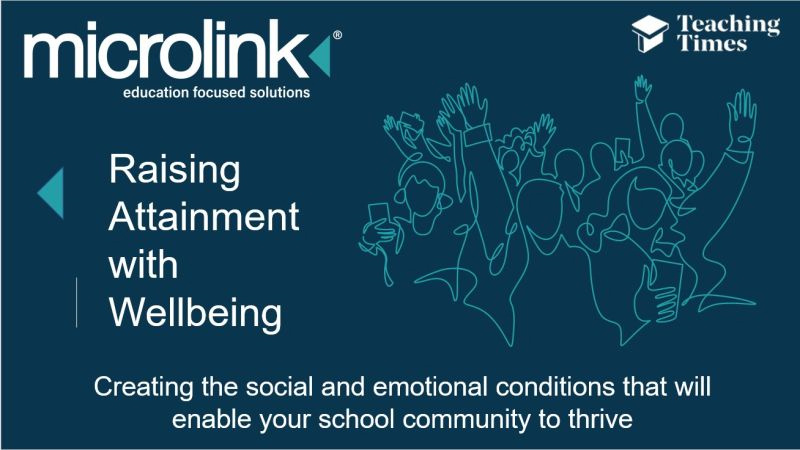
The government has just announced £200 million of funding to address the disadvantage gap. One of the reasons that educational inequalities attract government attention is because of the effect that education can have on later life outcomes.
In August 2022 the Institute for Fiscal Studies released the Deaton Review on Education Inequalities, a report packed full of useful statistics and research into the links between education and social mobility.
It offers insights into the obstacles that have caused a 'stagnation' in England so that: ' despite huge increases in the share of people achieving higher qualifications, younger generations are no more likely to be numerate or literate than those born four decades earlier.'
Inequalities in life outcomes
It starts by looking at how education impacts income. As you might expect high earnings overwhelmingly go to those with the highest qualifications. At a very simple level, a 22-year-old male graduate earns around £20,500 a year, compared with £18,000 for a male employee with less than upper-secondary qualifications.